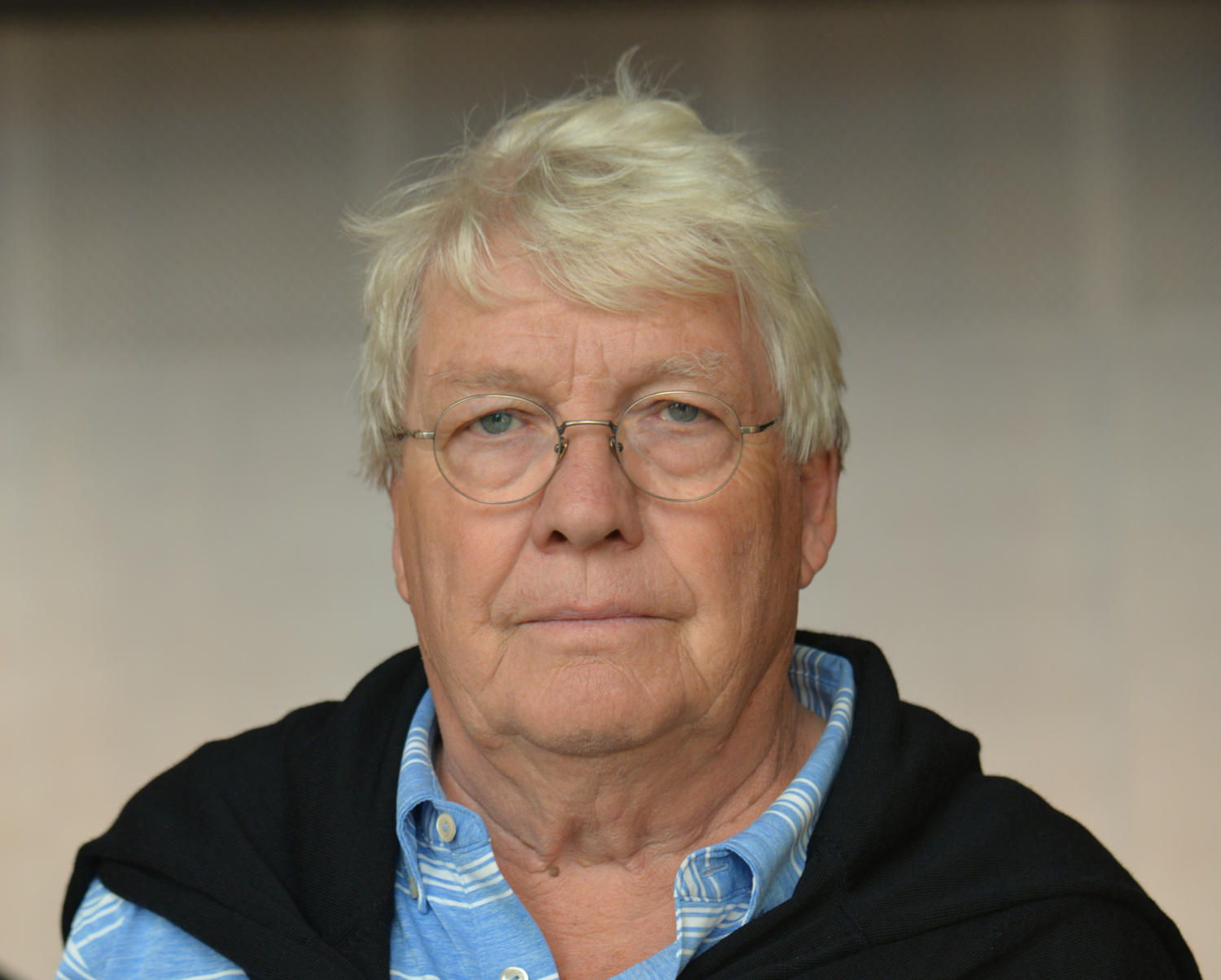Note: Full coverage of today’s meeting of the Security Council will be available after it’s conclusion.
THREATS TO INTERNATIONAL PEACE AND SECURITY
Briefing
ROSEMARY A. DICARLO, Under-Secretary-General for Political and Peacebuilding Affairs, said that, on Saturday, 3 February, 28 people, including a child, were reportedly killed, while dozens more injured, in the shelling of a building housing a bakery and a restaurant in the town of Lysychansk, in the Luhansk region of Ukraine. Lysychansk is currently under the control of the Russian Federation. In regions under Ukrainian control, the last few weeks have seen a reported intensification of Russian strikes, she said, noting that, on 5 February, four civilians were reportedly killed in Kherson, and one more in the Sumy region, while attacks resulting in civilian casualties were also reported in Donetsk and Kharkiv regions. Last week had witnessed a significant escalation in violence, with more than 570 settlements targeted, mainly in the Zaporizhzhia region, she said, noting that such attacks killed 12 civilians and left 60 others injured.
Today, a two-month-old infant was reportedly killed and his mother wounded when a missile hit a hotel in the village of Zolochiv in Kharkiv region, she went on, noting the devastating impact of such attacks. Since February 2022, the Office of the High Commissioner for Human Rights (OHCHR) has recorded 30,041 civilian casualties, with 10,382 killed, including 579 children, and 19,659 people injured, including 1,285 children. She observed that civilian casualties in Ukraine significantly increased in December and January compared with previous months, reversing a trend of decreasing civilian casualties throughout 2023, pointing to OHCHR figures that verified that 158 civilians were killed and 483 injured in January. All attacks on civilians and civilian infrastructure are prohibited under international law; they are unacceptable and must stop immediately.
Turning to humanitarian needs, she recalled that, on 15 January, the United Nations and partners asked donors for a combined $4.2 billion to support war-affected communities in Ukraine and Ukrainian refugees and their host communities in the region throughout 2024, pointing out 14.6 million people – a staggering 40 per cent of the population – needed humanitarian assistance in Ukraine. Meanwhile, 6.3 million people have fled the country and remain refugees, mostly across Europe, she added. She went on to call for unrestricted access to civilians in Donetsk, Luhansk, Kherson and Zaporizhzhia regions of Ukraine under Russian control, where some 1.5 million people need humanitarian assistance. As well, she underscored the need for humanitarian workers to be protected, citing the deaths of two French nationals following a recent attack in Kherson.
While welcoming last week’s successful exchange of hundreds of prisoners of war, both Ukrainian and Russian service members, she reiterated her concern regarding the treatment of the remaining prisoners of war, calling on parties to fulfil their obligations under the Geneva Conventions. She urged the Russian Federation to provide independent international monitors unfettered access to prisoners of war. Recalling the adoption by the General Assembly of resolution A/RES/ES-11/6, calling for increased support for diplomatic efforts to achieve a just and lasting peace in Ukraine, she said that, a year later, the illegal and unjustified war was no closer to ending. “In just over two weeks, we will enter the third year of the war,” she said, stressing: “Only a solution in line with the United Nations Charter, international law and UN General Assembly resolutions will achieve a just and lasting peace.”








